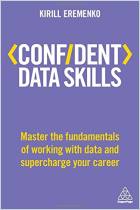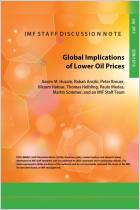COVID-19 has affected most industries – some for the better, many for the worse. The oil industry is no exception. Oilfield services and equipment (OFSE) suppliers, in particular, are up against the ropes. To determine survival strategies for OFSE suppliers, the Boston Consulting Group analyzed the finances of 200 OFSE suppliers, surveyed 125 senior managers and interviewed 30+ CEOs. They detail their findings in this special report, which describes the steps needed – strategic partnerships, value creation and supply chain balancing – to help OFSE suppliers pull through the crisis.
In response to oil price declines, oil and gas operators are pressuring struggling oilfield services and equipment (OFSE) providers to cut prices.
When oil prices sank in 2014, oil and gas operators took the obvious step of urging OFSE suppliers to cut operating costs and prices. Now, amid the reverberations of a worldwide pandemic, oil prices are falling again. Oil and gas operators are pursuing 2014 tactics to cut OFSE costs, but they’re flogging a horse that’s already near death. Supplier operating margins are smaller, interest charges are higher, and closed borders and lockdowns have stymied operations. If oil is between $30 to $40 per barrel at the end of 2020, 40% of sub-suppliers are vulnerable to bankruptcy.
In short, leading OFSE providers are already struggling, and some are even filing for bankruptcy protection. Further pressure might break more OFSE companies, leaving a dearth of industry capabilities...
Alex Dolya (Singapore), Kirill Eremenko (London), Marco Tonegutti (Milan), Eric Oudenot (Paris), Harish Hemmige (Washington DC), Joel Kwong (Kuala Lumpur) and Li Yan (Singapore) collaborated to create this special Boston Consulting Group report.



















Comment on this summary